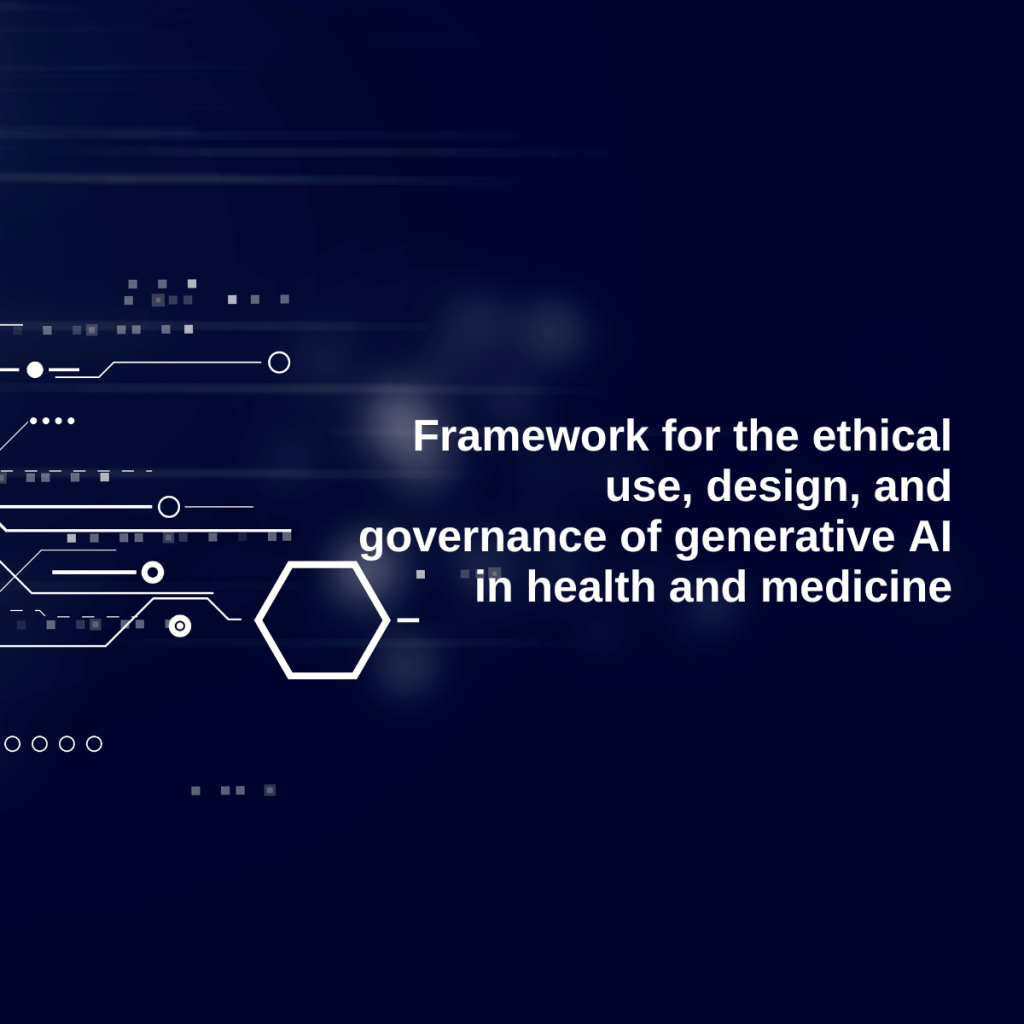As businesses embrace the transformative power of artificial intelligence (AI), the emergence of a new executive role, the Chief Artificial Intelligence Officer (CAIO), is reshaping the landscape of the corporate hierarchy. With the primary responsibility of setting the AI agenda, the CAIO is touted as a crucial catalyst for steering companies through the complexities of AI adoption and integration.
In response to the rapid proliferation of AI technologies, a recent study by Foundry revealed that 11% of midsize to large organizations have already designated a CAIO, with an additional 21% actively seeking to fill the role. This trend underscores the burgeoning significance of AI in modern business strategies, prompting companies to seek leadership adept at leveraging AI’s potential while mitigating associated risks.
Essential qualities of a Chief AI officer
Colin Reeves, a principal data and AI recruiter at ConSol Partners, emphasizes that the ideal CAIO should possess more than technical expertise. They must champion intelligent AI adoption, navigate the delicate balance between AI benefits and risks, collaborate across departments, and design tailored business use cases. Success in the CAIO role demands proficiency in assessing project outcomes, measuring return on investment (ROI), and nurturing an AI-driven culture within the organization.
Notable figures such as Parminder Bhatia, Chief AI Officer at GE HealthCare, and Ozzie Coto, Chief AI Officer and CTO at The Cult Branding Co., embody the essence of the CAIO role. Bhatia’s focus lies in revolutionizing healthcare interfaces by integrating voice, text, and cutting-edge AI visualizations, thereby enhancing operational efficiencies and ultimately improving patient experiences. Coto, on the other hand, spearheads AI initiatives at The Cult Branding Co., ensuring ethical AI integration and fostering a culture of innovation, curiosity, and responsibility.
The CAIO typically holds a pivotal position within the C-suite, directly reporting to the CEO or another top executive. In the case of GE HealthCare, Bhatia operates under the guidance of the CTO, collaborating with various business segments to drive AI initiatives. Coto, reporting directly to the CEO, orchestrates cross-functional collaboration and drives AI strategies aligned with the company’s vision and values.
Budgets and staffing
With significant budgetary autonomy, CAIOs often wield considerable influence over internal AI investments and external partnerships. Bhatia oversees the allocation of over $1 billion annually for research and development at GE HealthCare, while Coto manages a diverse team of IT professionals, computer scientists, engineers, and data scientists at The Cult Branding Co.
Success in the CAIO role yields both immediate and enduring advantages. Bhatia and Coto testify to the profound impact of their roles on personal and professional growth, fostering confidence and providing opportunities to drive substantial changes in their respective industries. Bhatia aspires to enhance healthcare equity, while Coto envisions shaping the future of AI’s impact on businesses and society.
In aspiring CAIOs, a blend of technical proficiency, business acumen, leadership skills, effective communication, and a deep understanding of AI ethics and regulations is critical. Adaptability, forward-thinking, and a passion for leveraging AI for innovation and efficiency are also key attributes.
The imperative of embracing the CAIO role
As organizations increasingly integrate AI into their operations, Coto emphasizes the necessity of embracing AI not just for its implementation but also for its ethical and strategic integration. Companies that fail to adapt risk being left behind in the fast-evolving business landscape, creating an urgency for the CAIO role and its strategic insights.
With the CAIO poised as a linchpin for the effective deployment of AI strategies, the corporate sphere is set to witness an unprecedented transformation in how AI shapes the future of businesses worldwide.




